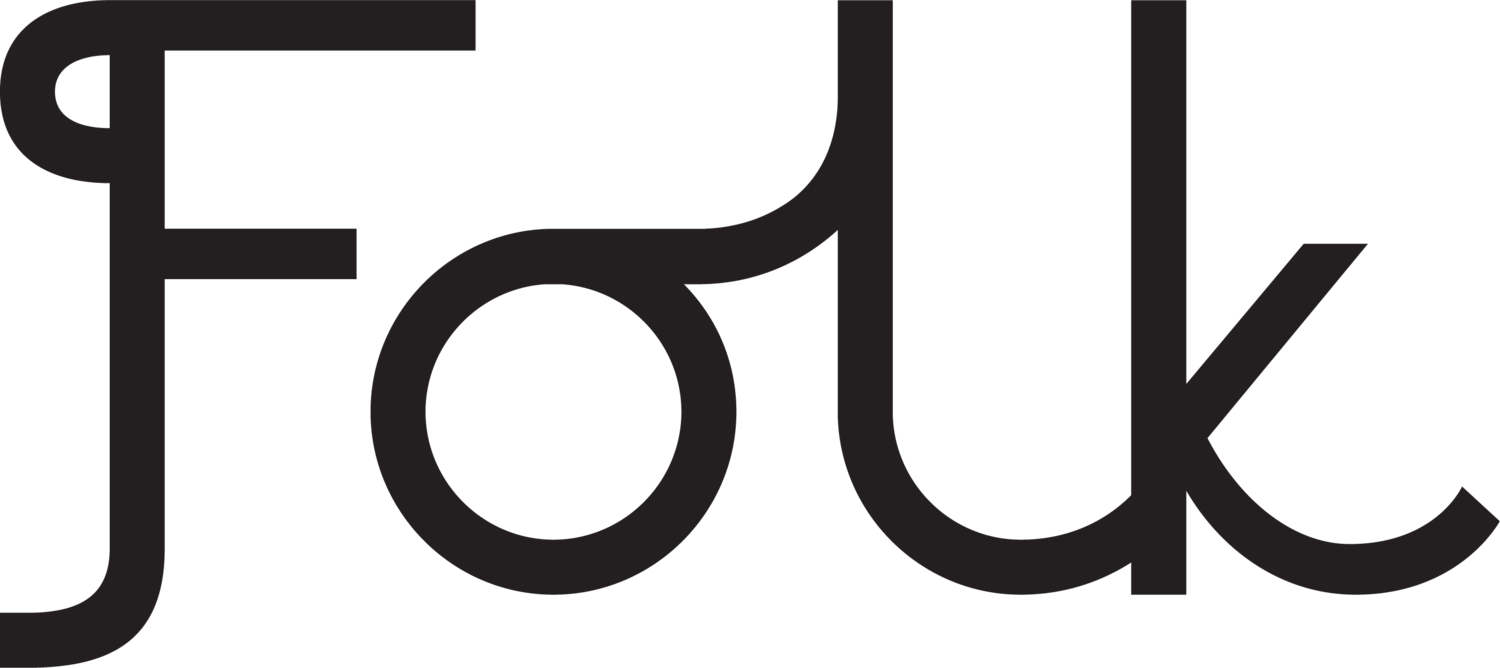In 1898, a Spanish native moved to Costa Rica. He quickly became successful, and opened a number of profitable businesses. Before long, his chain of grocery stores became the top priority; he was wholly passionate about them, and how they could change the way people shopped.
At this time, the grocery shopping experience was vastly different to the one we know now. You’d walk up to the counter, and ask for your goods specifically; “a loaf of bread, a kilogram of flour, a litre of milk” and so on, and the clerk would dish out the amount required from an industrial-sized container. But the founder saw this as illogical. He wanted to empower the consumer. He envisioned the kind of self-service supermarket we’re all familiar with today.
After much toing and froing with sceptical distributors - who, of course, had to repackage thousands of individual items - his dream began to come to fruition.
People were baffled at first; they didn’t know how to shop. They scoffed, and said that people would steal goods from the stores. But the founder employed staff to teach people how to shop in this new way, and despite cynicism, theft wasn’t an issue.
It revolutionised the Costa Rican grocery process, and went on to become one of the largest chains the country has ever seen.
This story was told by the founder’s great grandsons.
They’d just sold the company.
They were distraught.
They wanted to move forward, to turn the capital boost into something meaningful, but their family legacy was gone. Could any sense of worth really compensate them for the baton pass of three generations? Well, yes. Because they’d only sold the ‘What’. Over one hundred tumultuous years had passed since their great grandfather built the business, and he passed two things down the family ladder. Along with the revolutionary businesses, he left each new member of the family a profound sense of purpose.
They may have sold the ‘What’, but the ‘Why’ continued to live strong.
It’s purpose that allows people to go out and do what they do.
There are some dangerous professions out there. Think for a moment about the Armed Forces, or those in the oil, mining, or gas industries. These people go to work everyday knowing the potential risks of their jobs, and yet they continue to go out and do them.
JMJ Associates are an unusual breed of consultancy, dealing specifically with these high-risk industries. They specialise in the development of culture, and help to make employees feel safe and empowered in the roles they do. The workshops are so effective that multinational groups of over 50 people have been known to work together like lifelong friends after just one 30-minute session.
Mr Peter Docker worked closely with JMJ, and served over 25 years in the military. In our book, this makes him a veritable guru when it comes to culture and leadership. But like many, his philosophy was simply a series of abstractions until he found the right language to define it. Starting with ‘Why’ put recognisable and tangible labels to the mantra he’d lived for so many years.
“A good leader is very clear on ‘Why’ they do what they do,” says Mr Docker. “You have to be when you’re asking people to put their lives on the line.” And it’s something that really rings true: people don’t subscribe to the ‘What’ of warfare, it’s always the ‘Why’; the overarching belief that unifies everyone by a common goal; the belief that you’re doing something meaningful.
No matter whether you’re in the military, or in a business environment; no matter how large or small the organisation is, we’re all people. We all operate on the same biological level, and your ‘Why’ - your purpose - sits above everything you do. It’s the context for your ‘What’ to fall into place. And it’s by prioritising these components of the Golden Circle wrongly that we condemn our businesses to failure.
‘Stuck’ businesses quite often suffer from what Mr Docker refers to as “The Split”. When a business first comes into the world, they know why they’re here, and they know what they’re doing to achieve that goal. Their ‘What’ and their ‘Why’ are in alignment.
As time goes on and the business grows, it’s likely (assuming this business isn’t Golden Circle savvy) that the focus will begin to lean towards the ‘What’, and the ‘Why’ will take a backseat. For a while, growth will continue, new people will join the tribe, and the ‘Why’ will drift further into the shadows. Years down the line, when the founding members have moved on, things will stop working for seemingly unknown reasons. People will say, “It doesn’t feel like it used to”.
They’re stuck.
Chances are, they’ll get an auditor in to fix the ‘What’. It’s tangible, accountable, and easy to gauge success. But it’s not the core of the issue. It’s The Split; the digression of the ‘Why’ from the ‘What’, that’s forcing the business into stagnation. It’s only by realigning the business with its purpose that they’ll unstick themselves, and move forward positively.
Take Richard Branson (a well-used but nonetheless perfect example). He left school at 16 with almost no qualifications, but founded one of the most successful, best-known, and diversely skilled brands in the world. Virgin handle everything from TV, Internet, and Mobile, to Banking, Transport, and Space Travel. So how does a high-school dropout nurture such a vastly complicated company to such astonishing heights? They’re united by purpose: make a positive impact whilst having fun. This is the thread that holds the company together, and it’s a meaningful way to connect with consumers.
As Mr Docker concisely puts it, “[A ‘Why’] is the constant burning light that fires us up and moves us forward”.
Discover your Why with Folk hello@wearefolk.com Folk are now listed in the Best Creative Agencies list here https://www.designrush.com/agency/creative-agencies/uk/london

